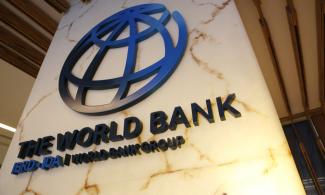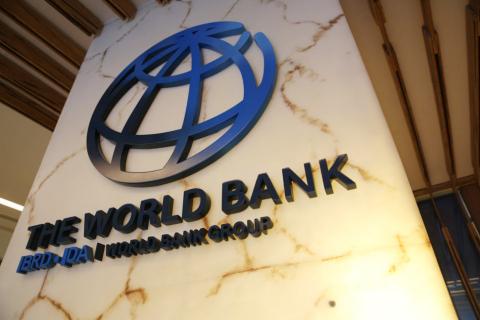
It also blamed issues such as multiple exchange rates, foreign exchange restrictions, high inflation and low non-oil revenues as some of the hurdles to the economy’s growth.

The World Bank on Wednesday revised Nigeria’s economic growth for 2019 from 2.1 to 2.0 per cent.
A report by Reuters said that the revision was made in the institution’s ‘Africa’s Pulse report for October.
The New York-based global lender had in April predicted that the largest economy in Africa will grow by 2.1 per cent.
The bank added that it expects Nigeria to grow by 2.1 per cent in 2020 and 2121 as well.
The global lender said the reason for its lowered forecast for Nigeria is because, “The medium-term growth outlook continues to be constrained by a weak macroeconomic policy environment and slow policy implementation.”
It also blamed issues such as multiple exchange rates, foreign exchange restrictions, high inflation and low non-oil revenues as some of the hurdles to the economy’s growth.
Overall, the continent’s projected economic growth is expected to reduce from the April prediction of 2.8 per cent to 2.6 per cent.
It projects that the continent’s economic mass will soar by 3.1 per cent in 2020 and 3.2 per cent in 2121.
The bank however, noted that when the economic growth forecast of the three largest economies in Africa – Nigeria, South Africa and Angola, which make up 60 per cent of the continent’s economic value, are subtracted from the equation, the remaining countries will grow by four per cent.
This is a drop from the previous prediction of 4.4 per cent.
The bank said the reason for its lowered expectation of the African economy was down to the trade war between the two largest economic players in the globe – China and the United States.